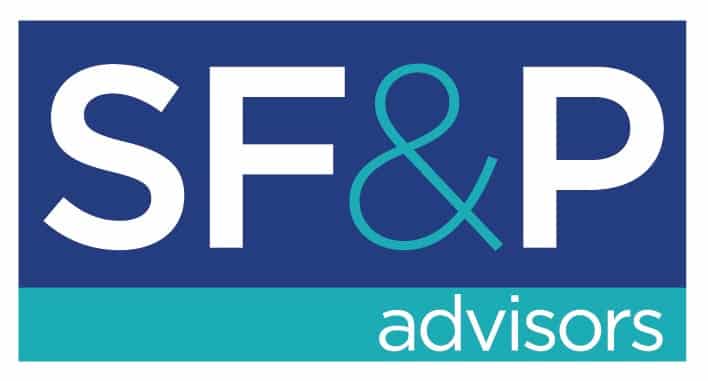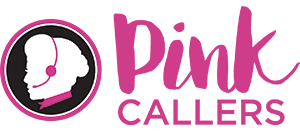Outbound links are great (in moderation) for your website’s SEO, particularly if you’re linking to authoritative websites (for instance, Wikipedia, WebMD, and Forbes.)
But what about linking wildly and often – or linking 50-100 links on a page?

What about those links? Kevin Indig of G2.com asked his followers (composed of brilliant SEO’s and John Mueller of Google), and received a lot of great answers – I wanted to make sure the best of which got saved in a blog post for posterity:
"It hurts to link out too much" (from an SEO perspective)
True or false? what do you think?
— Kevin_Indig (@Kevin_Indig) August 12, 2020
Do a lot of outbound links hurt SEO?
Here are a ton of expert opinions on the question – I hope curating this is useful for someone besides me!
Consider avoiding linking to competitors
Nick Leroy says “I have no problem linking out. If I don’t want to link to a specific site (competitor?) then I don’t use their resource/guide/info that would otherwise warrant the link.”
John Mueller of Google says linking is the natural thing to do
“If you’re not getting paid for those links, if there’s no “scheme” behind them, if they’re not dropped by random internetizens: just link naturally, as much as you want. It’s a web, not a Tupperware box.”
Unless you mean 100’s, then likely you won’t over-link
Ruth Burr said “If by “too much” you mean like hundreds of links per page, yeah, but also…why are you doing that, my hypothetical friend? If someone said this to me my first instinct would be to assume that they’re focusing on the wrong things”
A first hand experience of nofollow links leading to better ranking
I wrote a ‘best X for SEO’ post some time ago. Almost 70 resources with its (follow) links so users could get them. Not in 100 first results after a couple of weeks. I nofollowed all those links. Top 5. Top 3 for some months nowadays. I think it can hurt based on that case.
Sure, this one, I've edit it a couple of times., but it looks just like then.
I don't remember how much, maybe two weeks? I tried setting the nofollow because any other post ranked always the same day or next. And that list-style was the main differencehttps://t.co/bwcmK2x05T
— Carlos Ortega (@carlos_darko) August 13, 2020
Another experiment:
I have a pic but I annotate a lot when designers etc make arbitrary changes based on what’s trendy let’s just say blog had about 16 outlinks that went to about double that and keywords suffered a slow death 💀
— Lord of SEO (@lordofseo) August 15, 2020
It depends on the niche
Nick Eubanks says ““Too much” yeah probs, in some niches (not medical…) so I guess… it depends”
Tech, agro, accounting (subset of finance; not loans) — stuff where the reference/citation profile is not going to increase the legitimacy / trust of the content
— nick eubanks #BLM (@nick_eubanks) August 12, 2020
“It’s the right thing to do – to give credit where appropriate
Bill Slawski says “There has never been any pain in legitimate scientific papers citing sources that they refer to, and providing attribution to them. That is the model that PageRank was originally based upon. Attribution of source material is the right thing to do. Give credit where appropriate”
Right! Let's not forget that plagiarism can be a career-ending "accident", so in some cases it's illegal not to cite resources.
— Kevin_Indig (@Kevin_Indig) August 13, 2020
Links just give context – it’s false that they should be avoided
Alexandra Tachalova of Digital Olympus says “False. Links are giving extra context and helping Google crawler move faster from site to site. On a side note, I know tons of blogs that are only referring to their own pages. I guess such types of SEOs are not really understanding how search engines work.”
Just make sure you tag links properly
Kristine Schachinger says “Nothing wrong with outbound links I’m not sure where that myth started. As long as you make sure sponsored ones and ones from you have UGC are tagged properly.”
On how the myth may have gotten started:
It probably started when Google started handing out Outbound Link Penalties, so not just those buying, but those selling links got penalised.
Then suddenly people who don't know SEO, but think they know SEO, wet the bed and refuse to link out at all just in case.
— Matthew Norman (@MattNorman_90) August 13, 2020
“Use it as an opportunity to build real relationships” – Jason Acidre
I run a couple of sites that have been very generous in linking out – which also gave me a good reason to reach out, connect and build real relationships with other publishers/site owners in the process (which ultimately helps with branding – and eventually good for SEO).
— Jason Acidre (@jasonacidre) August 13, 2020
Haha 😅 wikipedia also nofollows all links even though they curate them but well
— Kevin_Indig (@Kevin_Indig) August 14, 2020
Avoid “bad neighborhood” links
Corey Northcutt says “In theory? Sure. In practice? Not really. Google doesn’t (literally) care… at least, Cutts declared that ages ago. But you still have simple PageRank math, bad neighborhoods, other adjacent topics that get lost in the ambiguity of that statement.”
“It Depends” once again appears to be a dominant answer
- If you’re in a niche where arguments are strengthened by citations
- If you’ve tried other things – consider experimenting with nofollow links on a piece you believe should rank.
- Whatever you do – tag user generated content, and tag sponsored links.
My personal take
For user experience, under 15 – PLUS the minimum amount of outbound links to get the point across and cite the references, seems to correlate with our higher ranking content. That being said – i’d suggest at least 3 outbound links to high authority sites on every page, because it’s only natural.
If you’d like to see another story of ‘It depends’ in – check out Cody Warren and Nick Leroy battle out some pressing SEO questions:

Thank you for checking this out! I hope you’re a little closer to understanding whether outbound links in your content, are appropriate for your situation.
















